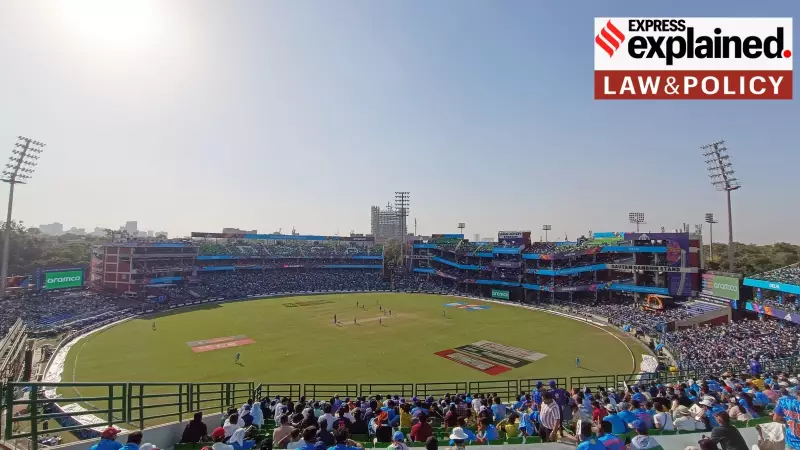
In a revolutionary judgment that could reshape the future of Indian cricket, the Supreme Court has delivered a powerful blow against corruption in sports. The apex court has officially declared match-fixing as a criminal offense, equating it with cheating under the Indian Penal Code.
The Legal Earthquake in Cricket
The Supreme Court's bench, comprising Justices Hima Kohli and Ahsanuddin Amanullah, established that manipulating cricket matches for financial gain constitutes a clear violation of Section 420 of the IPC. This landmark decision came during the hearing of a bail plea filed by an accused individual involved in match-fixing activities.
What This Means for Cricket Administration
The ruling significantly strengthens the Board of Control for Cricket in India's (BCCI) ability to combat corruption. Previously operating within limited frameworks, the BCCI can now pursue criminal charges against individuals involved in match manipulation, providing legal teeth to their anti-corruption efforts.
Key Implications of the Verdict:
- Criminal Prosecution: Match-fixers now face serious criminal charges beyond sporting sanctions
- Enhanced BCCI Authority: The cricket board gains substantial legal backing for its anti-corruption initiatives
- Deterrent Effect: Potential criminals will think twice before attempting to manipulate matches
- Legal Precedent: Sets a crucial benchmark for handling sports corruption cases nationwide
The Court's Strong Stance
Justice Amanullah didn't mince words when describing the severity of match-fixing, emphasizing that such activities strike at the very heart of sports integrity. The court rejected arguments claiming match-fixing wasn't covered under existing criminal statutes, firmly establishing that manipulating sporting events for profit clearly falls under the definition of cheating.
A New Era for Indian Cricket
This judgment arrives at a critical juncture for Indian cricket, where the sport's massive popularity and financial stakes make it vulnerable to corruption. The Supreme Court's clear stance provides a robust legal foundation to protect the sanctity of cricket, ensuring that fans can continue to trust the game they love.
The decision also opens doors for more aggressive prosecution of corruption cases, potentially cleaning up the sport at various levels—from local tournaments to international matches involving Indian teams.






